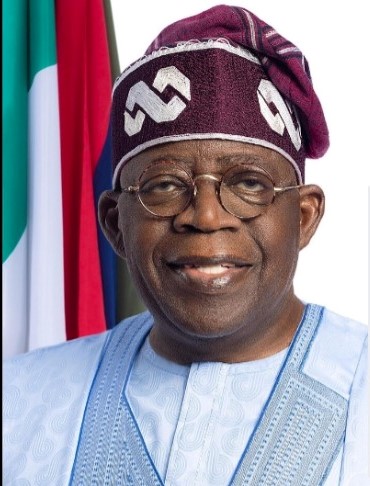Tensions Soar In Benin Over Cost Of Living
Benin has a diverse society with various ethnic groups, and it’s known for its vibrant traditions and history. Benin, officially known as the Republic of Benin and formerly called Dahomey, is a country in West Africa. It shares borders with Nigeria to the east, Togo to the west, Burkina Faso and Niger to the north, and has a small coastline along the Bight of Benin in the south The World Bank said Benin’s economy in 2023 was still resilient despite the external economic shocks the country had to weather.
In the heart of Cotonou’s large Dantokpa market, Diane Makpenon’s family corn shop is less busy than usual these days.
The business run by her mother like others in Benin’s economic capital has been slowing down as they struggle with rising prices.
The price of a kilo (2.2 pounds) of corn, one of the country’s most widely consumed foods, rose from 200 CFA francs (0.30 euro cents) to 450 CFA francs, before falling again to 400 CFA francs within a few days, according to traders.
A 120-kilo bag is now sold for between 33,000 (about 50 euros, nearly $54) and 36,000 CFA francs compared to barely 30,000 CFA francs before.
The increase in food costs in the small West African nation prompted Benin’s labour unions to call for an unprecedented series of protests against the cost of living — the first was dispersed by police firing tear gas and a second banned by the authorities.
A third planned for Cotonou on Saturday has been granted authorization by city officials.
Benin’s consumer prices and economy have been hit by fallout from the Ukraine war and by the closure of the border with major trading partner Niger to the north following a coup there last July.
Neighbouring Nigeria’s naira currency devaluation and abrupt end of a decades-long fuel subsidy have also impacted Benin’s fuel prices and trade.
“Going to the market has become torture. Everything costs us so much that we are helpless,” said Roberte Akododja, 42, owner of a bistro in Cotonou’s popular Gbegamey district.
“Even in restaurants, you have to pay more for usual meals or settle for small portions,” said Delphin Agossohou, a private administration executive.
Camille Segbedji, one of the leaders of the National Union of Secondary Teachers and Administrative Personnel of Benin (SYNEPAS), criticised the absence of a “fair agricultural policy” from the government in the face of declining purchasing power.
The World Bank said Benin’s economy in 2023 was still resilient despite the external economic shocks the country had to weather.
At a cabinet meeting this week, the government temporarily suspended shipments of cereals outside the country in a bid to ease pressure on prices.
Stephen Gums
AfricanParrot TV.






